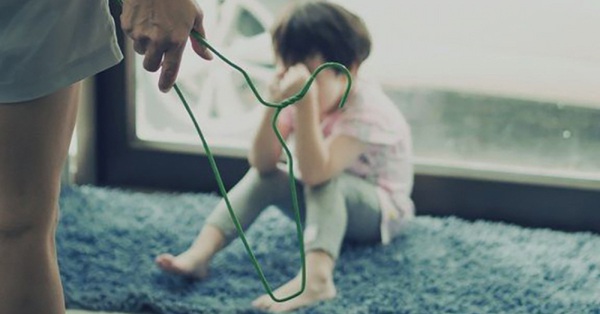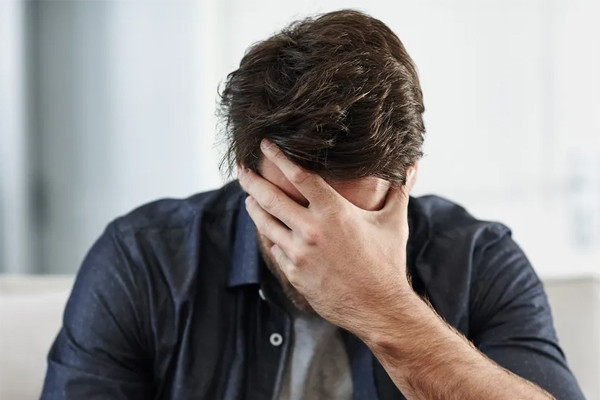7 ways to reduce nocturia
Besides medication treatment, lifestyle adjustments such as limiting water intake in the evening, reducing salt intake, reducing caffeine consumption… also help reduce nocturia.
Nocturia is the medical term for the need to wake up during sleep to urinate. It is normal for a person to wake up once a night to urinate. However, when this happens 2 or more times per night, it can negatively impact quality of life as sleep is disrupted, leading to an increased risk of nighttime injuries from falls, fatigue, and sleep disturbances. daytime fatigue and increased risk of fatigue-related accidents.
There are factors that determine a normal nocturia level for most people. For example, nocturia occurs more often if you drink something right before going to bed and is also more common in older adults. Most people without nocturia can sleep for 6-8 hours without needing to urinate. If you have to go to the bathroom 2 or more times a night, you should talk to your urologist about nocturia.
Nocturia is associated with aging, impaired kidney function, and decreased ability to concentrate urine. Nocturia is equally common in men and women. However, in men, an enlarged prostate can contribute to nocturia.
Nocturia needs to be based on many factors for a thorough assessment to be able to classify and treat appropriately. Nocturia usually depends on one of three factors: nocturnal urine production by the kidneys, bladder capacity, and sleep state. In the elderly, overproduction of urine at night is the main cause of nocturia.

Nocturia affects quality of life. Image: Shutterstock
In addition to medication, the following lifestyle adjustments can help limit nocturia.
Urinate before going to bed: Ensure that there is as little urine in the bladder as possible right before bed to help eliminate the need to get up to urinate at night.
Limit drinking water in the late afternoon and evening: Make sure to consume enough fluids during the day, but limit water intake to 2-4 hours before bedtime.
Limit salt: Reducing salt intake has been clinically shown to reduce cases of nocturia.
Limit caffeine and alcoholCaffeine: Caffeine increases bladder activity and can therefore cause nocturia, especially if consumed late in the day. Alcohol can act as a bladder stimulant and should also be avoided.
Adjust the dosing time: Medications, especially diuretics, can affect urine production at night. However, it is important to consult your doctor before adjusting your medication.
Use compression socks: Elevate the leg and use medical socks that provide compression to help prevent fluid buildup in the legs. This ensures fluid is properly distributed in the blood and helps reduce the need to urinate.
Sleeping pills: Sleeping pills may be part of a lifestyle modification plan prescribed by your doctor to maintain healthy sleep habits when it is determined that there is no harmful underlying medical condition and that sleeping is in defiance of the urge to urinate. won’t cause any other problems.
Mr. Ngoc (According to NJ Urology)
at Blogtuan.info – Source: vnexpress.net – Read the original article here


